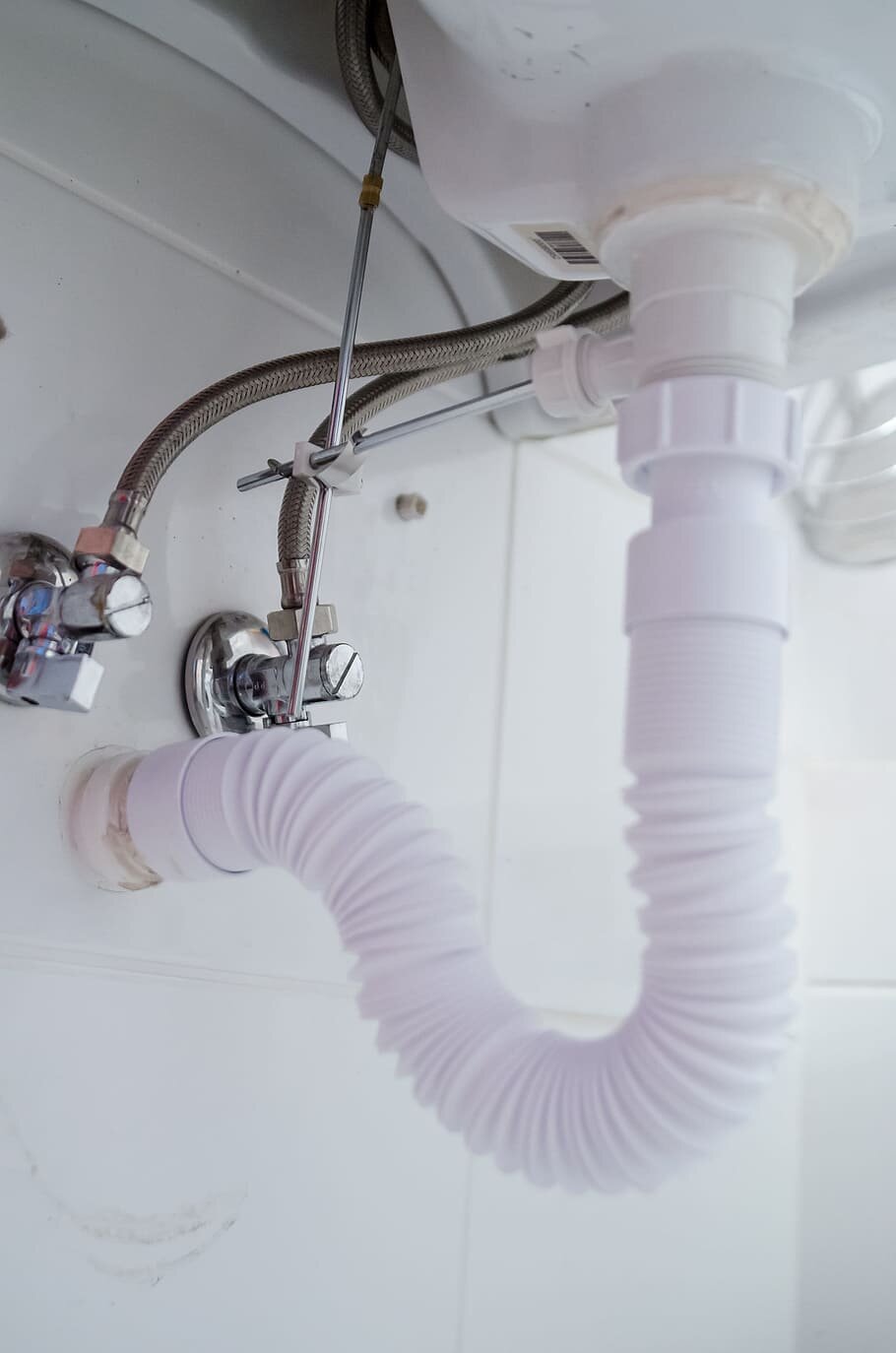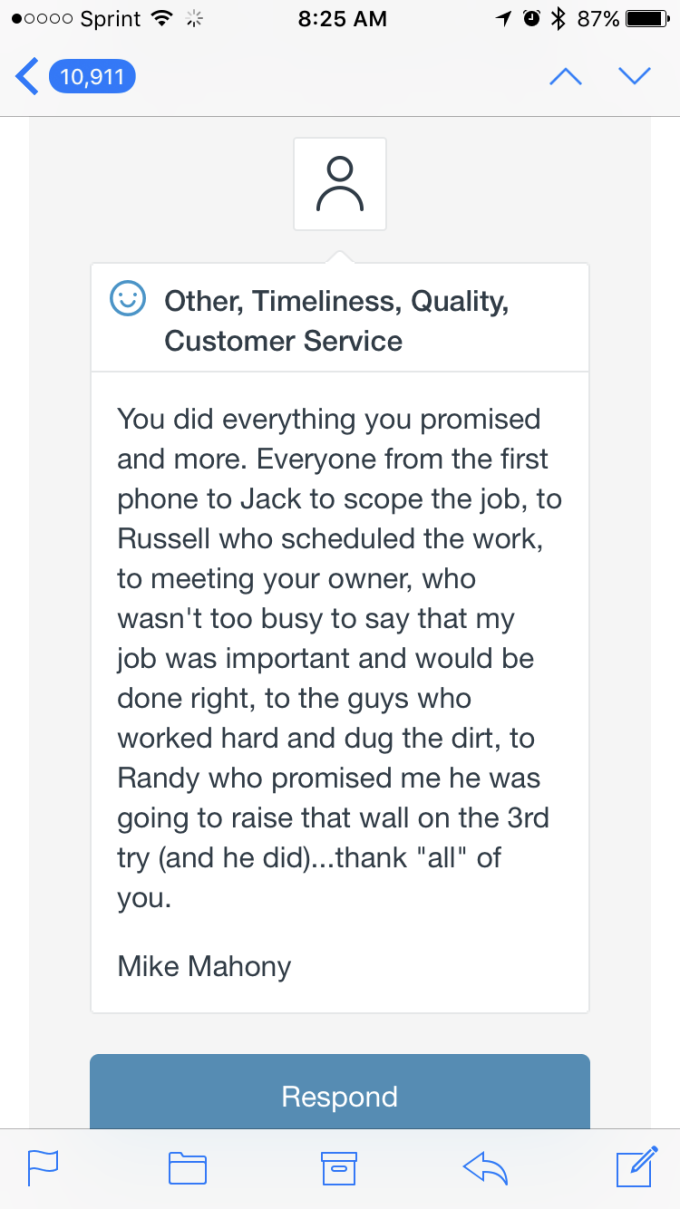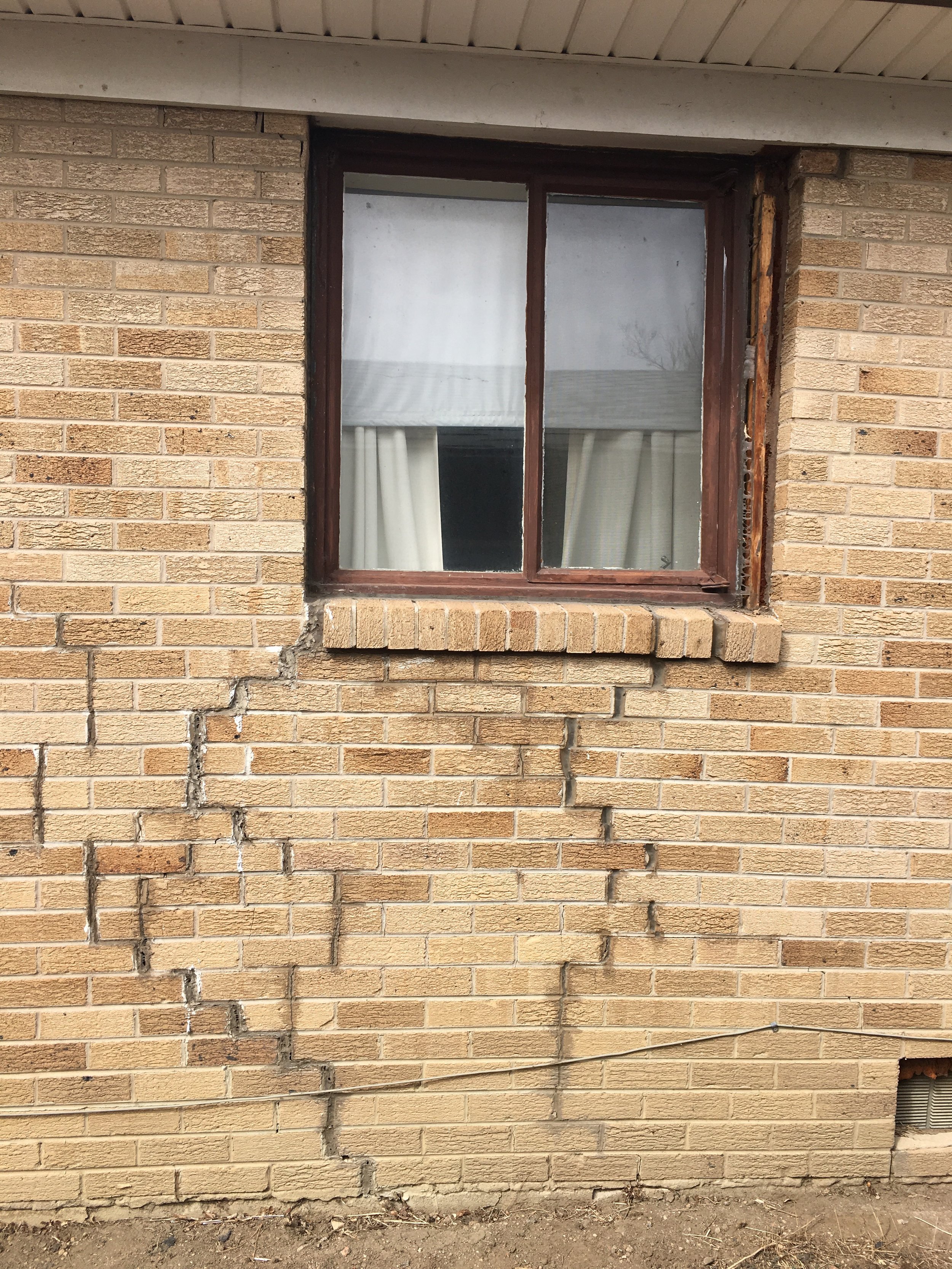The Ultimate Guide to Hiring a Structural Repair Contractor: What You Need to Know

Introduction:
In the realm of homeownership, structural integrity is paramount. Whether you’re facing foundation cracks, sagging floors, or moisture issues, finding the right structural repair contractor can make all the difference. This guide explores everything you need to know about hiring a structural repair contractor, ensuring your home receives the expert care it deserves.
Why Choose a Structural Repair Contractor?
Structural repair contractors specialize in addressing foundational issues that affect the stability and safety of your home. Unlike general contractors, who may lack the specialized knowledge and equipment, structural repair contractors focus solely on diagnosing and remedying structural issues.
Key Services Offered by Structural Repair Contractors:
Structural repair contractors offer a range of specialized services tailored to address various structural issues:
• Foundation Repair: Addressing cracks, settlement, and water damage in foundations.
• Basement Waterproofing: Preventing moisture infiltration and mold growth.
• Crawl Space Encapsulation: Improving air quality and preventing structural damage.
• Wall Straightening and Bracing: Strengthening walls affected by settlement or bowing.
Qualities to Look for in a Structural Repair Contractor:
When selecting a contractor for your structural repair needs, consider these essential qualities:
• Experience and Expertise: Look for contractors with a proven track record in structural repairs and a deep understanding of local building codes.
• Licensed and Insured: Ensure the contractor holds necessary licenses and carries comprehensive insurance coverage to protect both parties.
• Transparent Pricing and Contracts: A reputable contractor provides clear estimates, detailed contracts, and warranties for work performed.
Questions to Ask Potential Contractors:
During the hiring process, ask prospective contractors the following questions:
• Can you provide references from past clients?
• What is your approach to diagnosing structural issues?
• How do you handle unexpected challenges during the repair process?
• Do you offer warranties for your work?
The Importance of Local Expertise:
Choosing a local structural repair contractor offers several advantages:
• Familiarity with Regional Conditions: Local contractors understand the unique soil types, weather patterns, and building regulations in your area.
• Accessibility and Responsiveness: Local contractors can respond quickly to emergencies and provide ongoing support.
Conclusion:
Investing in the services of a qualified structural repair contractor ensures your home’s longevity and safety. By prioritizing experience, expertise, and transparency, you can confidently navigate the process of selecting a contractor who will deliver lasting solutions to your structural repair needs.
Ready To Hire A Structural Expert?
Ready to safeguard your home with expert structural repair solutions? Contact us today to schedule a consultation with our experienced team! Discover why we’re the trusted choice for homeowners seeking reliable structural repair services.
Related Blog Posts:
Structural repair is not just a matter of fixing visible issues; it’s about safeguarding the entire framework of your home. Whether you’re dealing with foundation cracks, sagging floors, or moisture intrusion, addressing these problems promptly is crucial to prevent more significant issues down the line.
Whether you’re facing foundation cracks, sagging floors, or moisture issues, finding the right structural repair contractor can make all the difference. Explore everything you need to know about hiring a structural repair contractor, ensuring your home receives the expert care it deserves.
A sump pump system is one of the most effective ways to keep your basement dry and prevent water damage. Installed in a sump pit, it actively removes excess water caused by heavy rainfall, groundwater, or poor drainage, protecting your home from flooding and structural damage. When water levels rise, the pump automatically redirects moisture away from the foundation, preventing mold growth and long-term deterioration.
There are several types of sump pumps, including submersible, pedestal, battery backup, and water-powered models, each offering different levels of protection. A backup sump pump ensures continued operation during power outages, providing an additional line of defense against basement flooding. Regular sump pump maintenance—such as testing the float switch, clearing debris, and inspecting discharge pipes—helps ensure your system works when you need it most.
By installing and maintaining a sump pump system, homeowners can protect their basement, improve indoor air quality, and preserve the structural integrity of their home. Investing in the right waterproofing solutions ensures long-term protection against moisture-related problems.
A basement slab is a crucial component of many basement foundations, providing a solid, durable base for the home. Made of poured concrete, this type of foundation evenly distributes the structure’s weight while acting as a barrier against moisture and soil movement. Basement slabs offer benefits such as durability, moisture resistance, and cost-effectiveness, making them a popular choice for ground-level floors in basements. However, over time, issues like cracking, uneven surfaces, and water intrusion can arise, requiring proper maintenance and repair. Whether used for storage spaces or finished living spaces, a well-installed basement slab ensures a stable, long-lasting foundation for your home.
A sealed basement is essential for protecting your home from water damage, mold growth, and structural issues. In this post, we explore the importance of basement waterproofing and provide a step-by-step guide to help you seal your basement effectively. From preparing the area and applying waterproof coatings to addressing hydrostatic pressure with drainage systems and sump pumps, this guide covers all the essentials.
Learn about common challenges, such as standing water and cracks in basement walls, and offer tips for ensuring a clean and durable finish. While sealing a basement can be a DIY project, we explain when it’s best to call in a professional, especially for severe water intrusion or structural concerns. With the right approach, materials, and expertise, you can transform your basement into a dry, safe, and valuable part of your home.
Sagging floors are a common issue in homes, especially older ones, and can be caused by a variety of factors, including damaged floor joists, poor crawl space support, or foundation settlement. Left unaddressed, sagging floors can lead to structural problems, uneven surfaces, and difficulty opening doors and windows.
This post explores the common causes of sagging floors, such as moisture damage, pest infestations, and shifting soil, while highlighting signs to look for, including sloping floors and visible gaps between walls and floors. It also provides an in-depth look at repair methods, including reinforcing floor joists, installing support beams, and stabilizing foundations with helical piers.
Addressing sagging floors is not just about improving aesthetics—it’s about ensuring the long-term safety and stability of your home. When DIY solutions fall short, working with a trusted foundation repair company like Colorado Structural Repair can provide expert solutions tailored to your home’s unique needs. Taking early action can prevent further damage, save money, and restore the integrity of your home for years to come.
Bowing basement walls are a common issue caused by hydrostatic pressure, expansive soils, and poor drainage. Left unaddressed, they can lead to significant structural problems. Effective repair methods include wall anchors, helical tiebacks, carbon fiber straps, and wall braces, each designed to stabilize and reinforce foundation walls. Professional solutions not only fix the immediate issue but also prevent future damage, ensuring the long-term stability of your home. Proactive measures like improving drainage and maintaining proper grading can further protect your foundation from bowing walls.
We hear it all the time: “I think we may need HOLY-ICOILS, HELLYPIERS, HELL-IKAL… I don’t know.. I am SURE I am mispronouncing it.” Don’t sweat it. We’ve heard it all!
Helical Piers are known by many terms: screw piles, screw piers, helical piles, helical piers, helical anchors, etc.
To get technical, there are a few differences between helical anchors, helical piles and helical piers, although the terms are often used interchangeably. Helical anchors consist of an extendable steel shaft with helical bearing plates. Plies or piers refer to strong base elements that withstand or transfer vertical/horizontal loads. Anchors are piles utilized only in tension applications like restraining wall tiebacks or vertical ground anchors made to resist overturning forces.
Bottom line is that they are a ground anchoring system that is used in deep foundation work and should be professionally installed. Much like a screw being turned into wood, helical piers are screwed deep into the soil to lift and stabilize a structure, but not with a gigantic screwdriver. Various earthmoving machinery fitted with rotary hydraulic attachments and understanding the soil is the key.
1) Soil Movement – Any kind of motion in the earth can create fissures. Given long periods of time, it’s very common to see foundations crack from shifting. How much it shifts is dependent on many things including what type of soil your structure is built on. Depending on where your structure is located, it may be constructed on clay soil, sandy soil, loam soil. Cracks commonly occur in clay soils. Here in Colorado, we see a lot of expansive Bentonite clay soils. They will expand when they are wet and then when it’s hot, they’ll contract and develop crevices. Effect: This back-and-forth motion can lead to cracking and other foundation issues. Sandy soils are what are called “loose” soils. That’s because their particles are not densely packed together. As a result, they drain quite easily and don’t hold water. Loamy waters are “medium” weight soils that fall in between the other two types of soils. As a rule, expansive soils are the type that causes the most problems for property owners. If you do not know what type of soil your foundation is resting on, a soil engineer can test the soil to determine how expansive it is. It is important to remember that even an exceedingly small amount of movement can greatly affect your foundation.
Our homes have always been the foundation of our lives, but the importance of home and stability has become magnified this past year. Living in various degrees of lockdown has highlighted the importance of brightening and securing our sacred places. We have had to create and re-purpose spaces into home offices, school rooms, playgrounds and personal pubs.
We are re-arranging furniture and cleaning out dusty spaces because creating sanctuary and safety in times of change is sacred. We have forged stronger community connections, getting to know and help our neighbors better. This is how we thrive through these varying uncertain times.
Gutters are critical! Water mitigation is important to keeping your foundation sound.
There is a saying that everyone in real estate is taught from the beginning of their careers (CAVEAT EMPTOR). Which basically translates to “buyer beware.” Which brings me to a lesson learned the hard way.
Join Jack McGuire on a recent complimentary assessment and estimate….
Join leading Pier Support Specialist, Hank on a recent assessment at an investment property.
Let’s cover the four seasons and what happens each season to potentially affect the foundation of your home and at the end we will reveal exactly WHEN you should get work done.
1) Get multiple estimates - We recommend at least 3. Make sure you are looking at all variables when comparing estimates; look at the solution, the materials used, timeliness, methods and other factors that may differ. Be cautious of estimates that are too high or too low. Too often we see our competitors "bait and switch" where they come in with a low estimate to get the job and then make pricey changes after the work has started. Look for transparency and honesty.
2) Hire LOCAL, licensed contractors whenever possible. Local people are easier to contact if any concerns develops and they are more likely to be familiar with permitting and coding requirements specific to your area. Does the contractor have a local, physical address that you can visit? Swing by. Make sure it is not a fake or suspicious address. Ask them if they have done business under a different name in the past. Are they licensed? Do not be shy - ask for their license number. Know how to get in touch with them.
3) Check their past work. Read their online reviews. How has their work turned out in the past? How have they addressed issues? Inquire about their professional reputation with the BBB. A contractor with more than 5 years of experience is preferable. Cont….
Every now and then our clients draw attention to our reviews and how good they are. We are proud of the business we run and we take many steps to safe guard our reputation. One of the ways we do this is by having open lines of communication with our customers. If you, as a customer ever need to go online and complain it means that we have not done our job. We are only human, we make mistakes, just as we are fully prepared to fix them.
It is common knowledge in our industry that people sometimes pay for reviews. It is unfortunate but as a consumer it is easy to spot. Are all the reviews worded the same? They’re probably fake. Are all the reviews for a service (such as maintenance) that the contractor only performs as a secondary service? They’re probably fake. Are all the reviews within a realistic time-frame, is a lifetime warranty any good from someone with only 10 months of reviews? They’re probably fake.
Caveat emptor! Let the buyer beware! Are you signing a contract with a "services" company that will subcontract your business with someone you have not vetted? Your contract should be between you and the company doing the work, not a "sales consultant" who murks your warranty claims. Never let your main labor be subcontracted!
Very professional. Executed the work in a timely manner. Left he area clean and in good working order. I am happy with the work completed.
You did everything you promised and more. Everyone from the first phone (call), to Jack who scoped the job, to Russell who scheduled the work, to meeting your owner who wasn’t too busy to say that my job was important and would be done right, to the guys who worked hard and dug the dirt, to Randy who promised me he was going to raise that wall on the 3rd try (and he did)… thank you ‘all” of you. Mike Mahony
before hiring a contractor.
https://kdvr.com/2016/10/03/woman-says-contractor-took-her-money-and-left-a-big-mess/
Is your contractor going to replace your foundation drain? Is this included in your price? Are they going the extra mile for you like Colorado Structural Repair will?
Partner, mechanic and all round good guy Dan Stewart doing what he does best. We own and service all of our own vehicles and equipment as a way of keeping costs down which means homeowners pay less for foundation repair.
Wish more people took the time to hand write Thank you notes again. Don’t you?




































